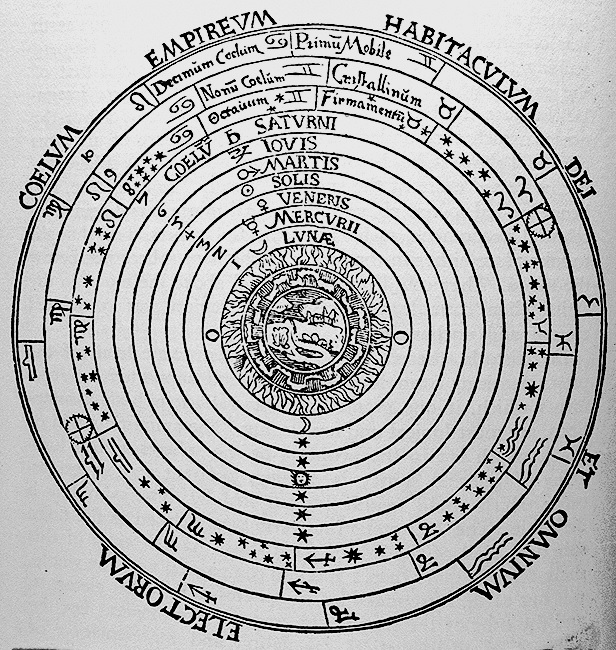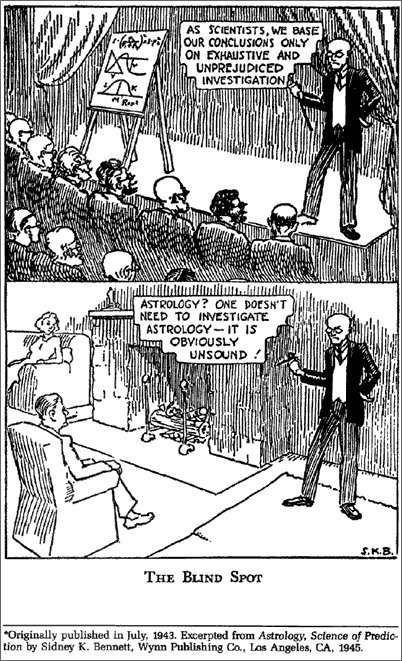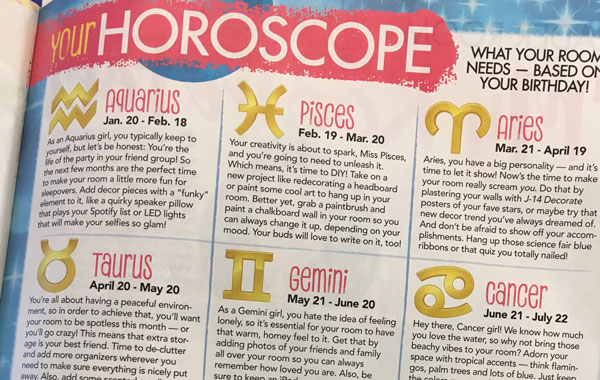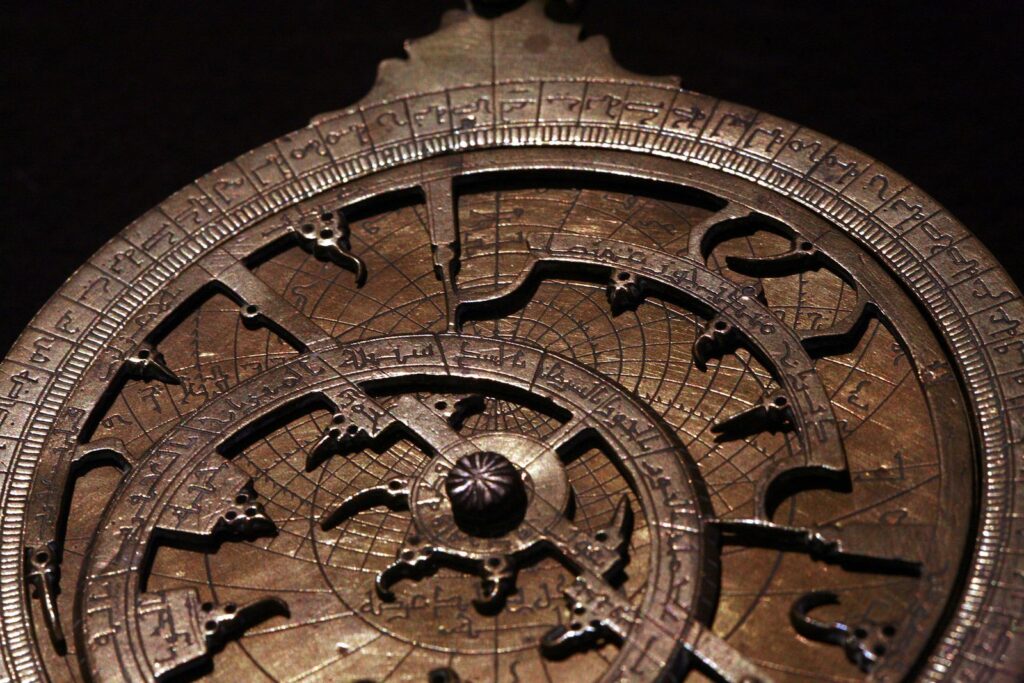What is Astrology?
The formal definition is “the study of the movements and relative positions of celestial bodies interpreted as having a relationship to human affairs and the natural world.” (Oxford Dictionary)
Astrologers use the positions of the planets at particular times to better understand things such as an individual’s character, the outcome of an event, or the answer to a question.
Astrology is a tool and language that can help us understand human nature and the world around us.

Why do you like astrology?
I am drawn to the topic simply because I think it is fascinating.
It is an insightful way to find meaning in gifts, challenges, and life circumstances. It is also helpful for developing self-awareness and empathy for others.
…. But confirmation bias?
If anything, going into a subject assuming it is fake and ready to dismiss it before truly understanding it is a perfect example of confirmation bias.
Having a healthy level of skepticism and doubt is important. Don’t read everything I say and accept it immediately. The best way to approach astrology is with intellectual curiosity and without too much bias either for or against the subject.

But it isn’t scientific…!?
Astrology isn’t a hard science.
Claiming astrology isn’t real because it isn’t scientific is like making the same claim about nonscientific disciplines such as language, politics, literature, law, philosophy, music, design, ethics, history, etc. None of these subjects are sciences, but also, nobody would call a lawyer’s judgements “fake” solely because of a lack of scientific evidence.
Like the above subjects, astrology has a systematic set of rules, but there are qualitative elements that make it impossible to measure through quantitative means.
Science is best used as a method to investigate what is material and measurable. I appreciate and acknowledge the importance of science (the two don’t have to be mutually exclusive), but not everything in life can be approached through rigid empiricism. Astronomy is quantitative, whereas astrology is more qualitative. The human experience cannot be quantified.
It always pleasantly surprises me when I engage with STEM-oriented people who are genuinely curious about my interest in astrology. You can always tell who the true scientists are because they don’t have fixed ideas about things they’ve barely taken the time to understand.
— The Daily Hunch (@thedailyhunch) April 15, 2019
Astronomers are often hostile to astrologers because, without ever actually looking deeply into astrology, they somehow group astrology in with things such as the Flat Earth theory, conspiracy theorists, and other threats to the public’s perception of “truth”. However, even though astrology isn’t mainstream, it isn’t associated with these other topics.
Also, if anyone in the scientific community were to admit an interest in astrology (or other deemed unacceptable topics such as precognition, consciousness, etc), they could lose funding, credibility, and respect from their peers. Check out this book for further reading on this.
Finally, the best way to find “evidence” of astrology working is to study it firsthand. If you interpret your chart according to the proper rules or go to a reputable astrologer, you can decide for yourself if it is true or not… Rather than base your opinion on someone else’s (likely baseless) opinion.
When someone tries to argue that astrology isn’t true because of the Barnum effect, there is the assumption that all of our phrases are made out of thin air, with no grounded basis to back it up. However, anybody who has studied astrology knows that there IS a system.
— Alexis Ⓥ (@ayyriestrology) July 15, 2019
I’m an Aquarius (or insert any sign here), but I don’t fit the description
Sun signs are an extremely watered down version of astrology popularized by pop culture. There is certainly a time and place for them, but people are much more complex than just their sun sign description. You need to look at your birth chart in it’s entirety (or at least get to know your Moon and Rising signs).
ppl who hate astrology: you can’t divide people up just by the sign the sun was in when they were born! theres more than 12 personalities
— mary magdalene (@astrobalter) October 29, 2019
astrologers: you cant divide people up just by the sign the sun was in when they were born! theres more than 12 personalities
Want to know why sun signs alone aren’t really telling about a person’s life?
— Astro Academic (@AcademicAstro) August 7, 2019
The sun is only this tiny symbol… Out of the ENTIRE chart
It can explain our general self expression &whatever house coincides w/Leo, but that’s about it
We embody our entire chart. Not just 1 sign pic.twitter.com/zBAvTlSQX8
Why do so many people think astrology is “hokey”?
There are several reasons:

- The popularization of astrology has involved cheapening the quality to the lowest common denominator so that the masses can have simplified exposure and publishers can sell more books.
- In the 1960’s and 1970’s, people abandoned the foundations of astrology and instead assigned their personal beliefs to the system. Astrology somehow got mixed up with crystals, peace signs, and other New Age stuff.
- When computers made chart calculation widely accessible, it allowed those with insufficient knowledge of astrology to “professionally” cast and interpret charts.
Similar to how some people claim to be graphic designers after making only one poster in Photoshop, people who barely know astrology oftentimes call themselves “astrologers”. The unfortunate lack of standardization can lead to frauds and a cheapening in quality of the subject.

…. So do the planets affect me?
Not necessarily. Astrology is reflective, not affective.
Astrology doesn’t cause anything to happen; it’s reflective of what is happening.
A clock is a helpful analogy. When the clock shows that it is 6pm, it is just showing us what time it is. It isn’t causing the time to be 6pm.
(Fun unrelated fact: Modern day analogue clocks actually evolved from astrolabes)
Skeptics often dismissively say “correlation doesn’t equal causation”, but, ironically, most astrologers never claimed it to be causal in the first place.

How do I read my natal chart?
You need the exact time, date, and location of your birth. Here is an article I wrote to help you get started. Once I start offering formal readings, I can help walk you through yours. In the meantime, I can recommend astrologers to you who are offering readings right now.

Are You Psychic?
No.
Being an astrologer does not mean I am psychic or have any special “gifts”. I just have a huge interest in this topic and have immersed myself in it over the last few years. Some astrologers are psychic or intuitive (or claim to be). However, in my opinion, the best astrologers are the ones that have a solid intellectual understanding of the theories and original astrological sources rather than those who rely more on intuition. I don’t mean to devalue intuition by saying this. There is a time and place for both approaches, but to be good at astrology, logic must come first.
Does astrology go against Christianity?
No. There are Christians that use astrology.
Very long story short, in the Middle Ages the Catholic church condemned and demonized astrology because it was a threat to their rule. Back then, the church was deeply intertwined with politics. This narrative unfortunately stuck among some Christians centuries later.
This podcast does a better job explaining the history behind this view.
thinking about people who ‘don’t believe in astrology’ but willingly accept a savior first identified by three magi who determined the event and location of his birth by the position of a star
— meredith (@gravesmeredith) December 21, 2018
Is astrology a religion?
No. A religion is defined as “the belief in and worship of a superhuman controlling power, especially a personal God or gods.”
Astrology has nothing to do with belief.
Like psychology, zoology, anthropology, cosmetology, etc, astrology is a study (“logy”= the study of”). You don’t have to believe in these subjects in order for them to be considered valid (although you are welcome to hold disagreements regarding concepts within the subjects).
Is astrology a threat to my free will?
No. You are still responsible for your actions and astrology in no way removes personal agency.
However, the subject may impact your outlook on determinism vs free will. In a society where people think that with enough positive thinking and hard work, they can get whatever they want, suggesting anything otherwise typically brings about negative reactions. Astrology involves entertaining a level of determinism that most of society is not comfortable addressing.
I’m not here to tell you what to believe, but personally, I don’t think this debate has to be 100% one way or the other.
Through personal observation, I have come to the conclusion that yes, some things in life are probably predetermined. On the contrary, we have no way of proving that everything is predetermined and that our choices don’t matter. Since we probably will never have a definite answer, we have to at least live as if our choices do matter. The alternative only leads to resignation and hopelessness.
The best way to use your natal chart is to acknowledge and find meaning in your given circumstances, discover how to maximize the opportunities your chart supports, and then use them for the highest good.
Give me one last reason why astrology is important.
In the modern age where we have light pollution, cell phones, skyscrapers, and other distractions, we don’t really look at the stars anymore. We don’t notice the movement of the “wandering stars”, moon, and other shifts in the sky. To the ancients, who didn’t have the same disturbances, the stars were much more relevant to daily life. When we look up (especially those of us who live in the city), we might see a few stars and airplanes and then we quickly go back to scrolling through Instagram. When the ancients looked up, they saw a vivid sky with constellations that were associated with myths and divine inspiration.
I think this disconnect with the natural world plays into the modern day “intellectual’s” typical resistance to astrology. Maybe if we turned our phones off, spent more time in nature, and slowed down to reflect, we might find more meaning in the stars… And in life in general.


